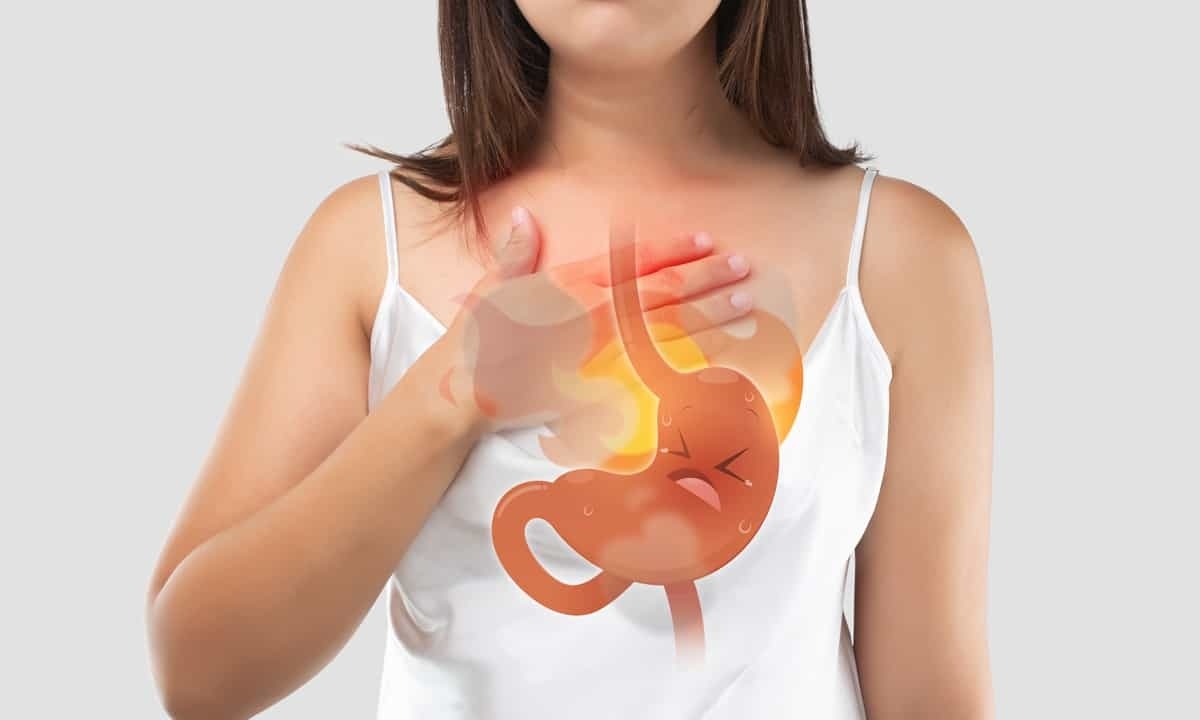The Holiday season is here, and you may be planning a fun day of eating your favorite comfort foods, but overeating can lead to abdominal pain and a few other dangers. Even if you plan to splurge on just a few days, overeating can wreak havoc on your physical and emotional health. Here are a few issues that can occur from overeating.
Abdominal Discomfort
After big holiday meals, people may experience abdominal pain and discomfort from overeating. While loosening the belt and undoing a button can help, excessive eating can be causing hidden dangers in your digestive system.
When you overeat, the muscles of your stomach stretch and balloon out to accommodate the extra food. Not only is the stretching and feeling of being overly full uncomfortable, overeating can also prevent your food from breaking down and digesting food properly.
Insufficient digestion can lead to a variety of problems including heartburn and acid reflux, vomiting, and nausea. A large amount of food left undigested in the stomach can also lead to a rupture. While rare, a stomach rupture can be incredibly dangerous.
Gas and Colon Issues
During the breakdown of most foods, gas will build up in your colon. The occurrence of gas is a normal process. However, if you overeat, an excessive amount of gas can build up in your colon, leading to bloating, flatulence, and an extreme amount of discomfort.
Consuming large amounts of sugary or starchy foods can also increase your risk of constipation. Overeating reduces your body’s ability to empty waste, causing further bloating and discomfort in the stomach and colon.
Emotional Distress
While surprising to learn, overeating can also affect your emotional health.
Excessive consumption of foods can cause hormonal and electrolyte imbalances, which affect your mood. You may feel sadness, depression, loneliness, and frustration after overeating at big holiday meals.
After the holidays, this emotional distress may continue. You may feel a strong desire to overeat again in an attempt to make yourself feel better emotionally. Emotional eating can lead to a long pattern of unhealthy eating and emotional distress that will follow you through life.
If you continue this pattern of overeating, you could also be at risk for weight gain, heart disease, high blood pressure, and other medical conditions that can become dangerous.
You should enjoy yourself at holiday meals, but it is important to know the potential dangers of overeating beforehand. Whether you’re experiencing abdominal pain, acid reflux, or more serious concerns contact your Texas Digestive Disease Consultants gastroenterologist.
Texas Digestive Disease Consultants | Abdominal Pain | https://tddctx.com/

